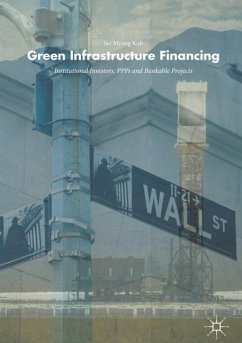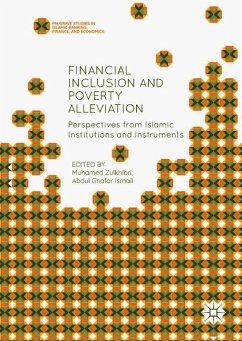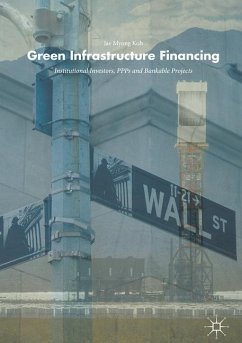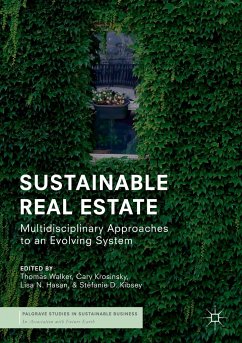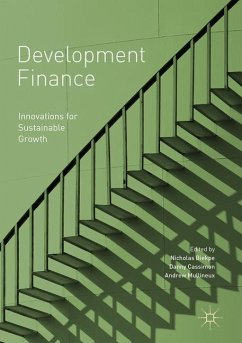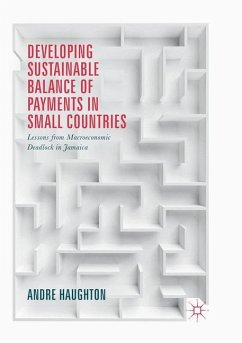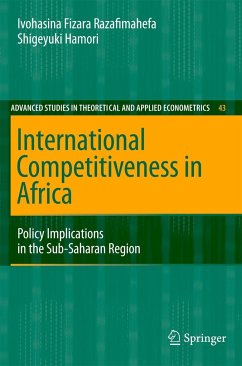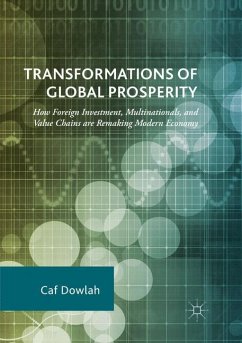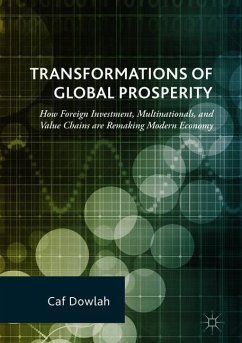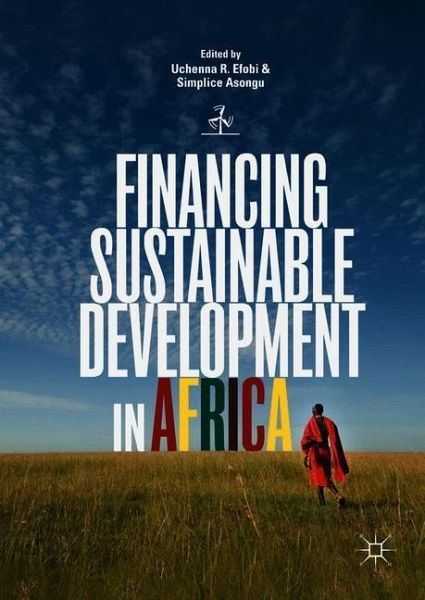
Financing Sustainable Development in Africa

PAYBACK Punkte
57 °P sammeln!
This edited volume provides a critical evaluation of financing options for sustainable development in Africa. While sustainability has long been the watchword for development programs, and while many African countries have taken initiatives to develop integrated frameworks that tackle developmental challenges-including poverty, education, and health-financing has remained a challenge. In this book, an expert team of chapter authors examines new financing options while also exploring how traditional financing means, such as foreign aid and foreign direct investment, can be more effective for su...
This edited volume provides a critical evaluation of financing options for sustainable development in Africa. While sustainability has long been the watchword for development programs, and while many African countries have taken initiatives to develop integrated frameworks that tackle developmental challenges-including poverty, education, and health-financing has remained a challenge. In this book, an expert team of chapter authors examines new financing options while also exploring how traditional financing means, such as foreign aid and foreign direct investment, can be more effective for sustainability. The authors discuss how African nations can build adequate structures and productive capacity to create a platform that can meet present economic, social, and environmental needs without compromising the ability of future generations to meet their own needs. Practical case studies and scientific evidence give this book a unique approach that is both qualitative and quantitative. Thisbook will be of interest to students, practitioners, and scholars of development studies, public policy and African economics.




